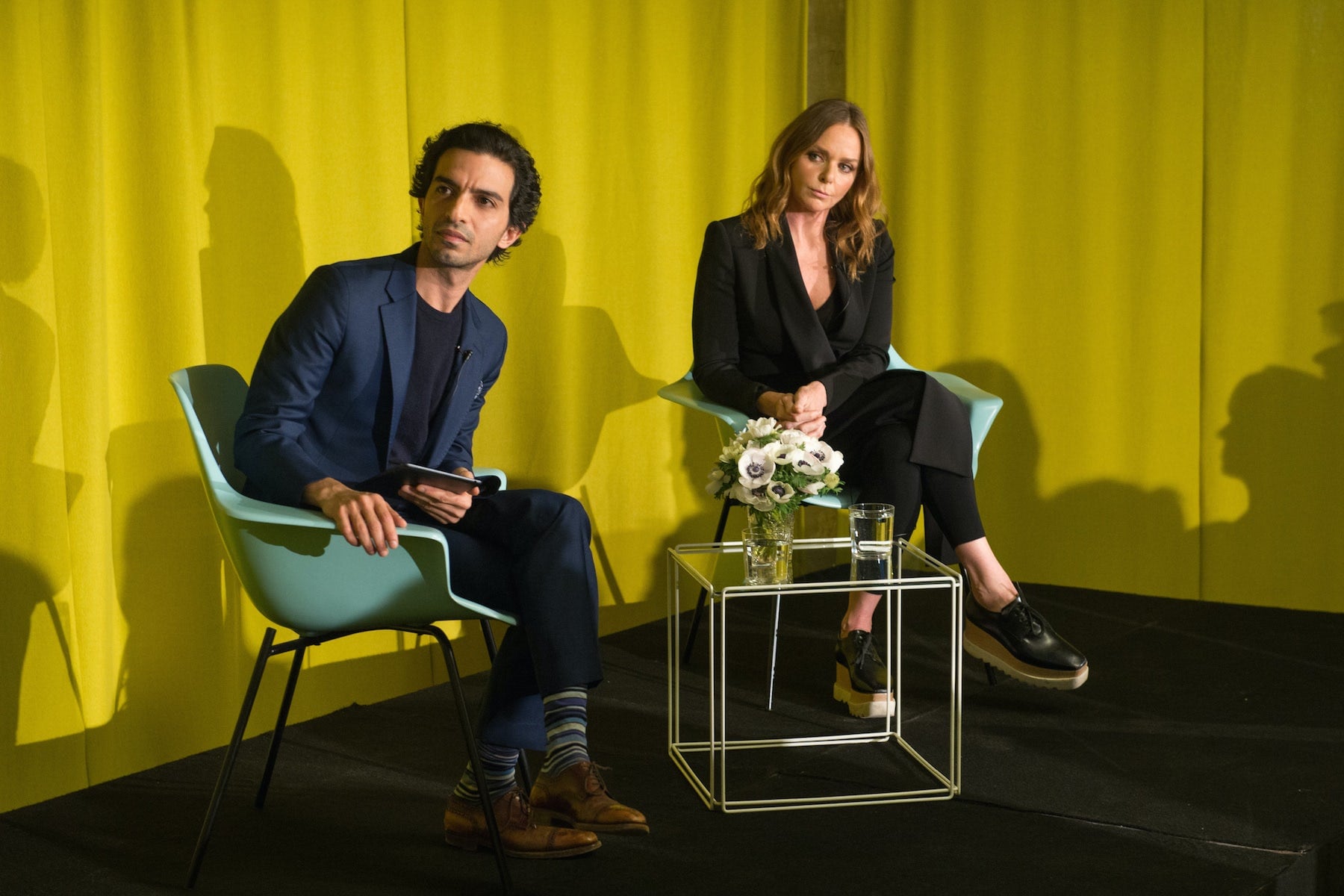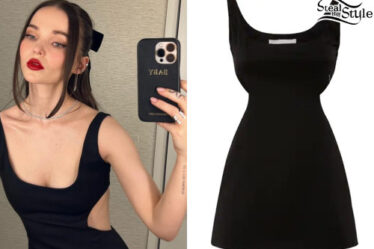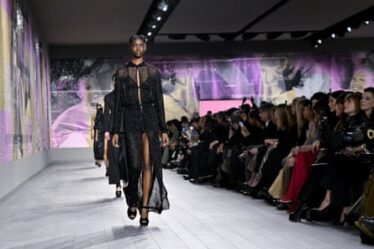
LONDON, United Kingdom — Yesterday evening, British fashion designer Stella McCartney took part in a special live conversation with Imran Amed, founder and editor-in-chief of The Business of Fashion, at Second Home, a workspace in East London.
Over fifteen years, Stella McCartney has built the world’s only sizeable sustainable luxury brand. According to the company’s stated values, Stella McCartney does not use any animal products — no leather, no fur, no skins, no feathers.
Yet market sources put the company’s estimated annual revenues in the ballpark of $150 million to $200 million. The business currently comprises 30 directly-operated stores, 20 franchised stores and 600 wholesale accounts in more than 70 countries around the world.
The author has shared a YouTube video.You will need to accept and consent to the use of cookies and similar technologies by our third-party partners (including: YouTube, Instagram or Twitter), in order to view embedded content in this article and others you may visit in future.
In front of an audience made up of members of the BoF community, with guests including Vivienne Westwood, Christopher de Vos & Peter Pilotto and John Frieda, McCartney recounted how her upbringing as a environmentally-conscious vegetarian has shaped the way she built her business and why the fashion industry must learn to become more sustainable.
“It’s extraordinary how old-fashioned fashion is,” she told the audience. “It’s medieval to me that the industry still kills millions of animals a year. Leather is one of the most harmful parts of fashion. It’s not a luxurious method. Leather is not really a by-product. It’s a myth.”
For McCartney, building a business while keeping her moral compass front was not without challenges. “We had to change our entire approach to accessories,” she said. “That was a big challenge. Sourcing is difficult. The majority of the shoes on the planet are made of leather.”
McCartney answered questions submitted on social media by members of the BoF community, as well as from the live audience. The talk reached its climax with an impromptu exchange between McCartney and Westwood, who discussed the challenges they have both faced when trying to integrate sustainability into their businesses.
“We’re not perfect, but we have a plan and that is: every season to better ourselves and take out the bad and replace it with the good,” said McCartney. “It’s a slow journey.”



